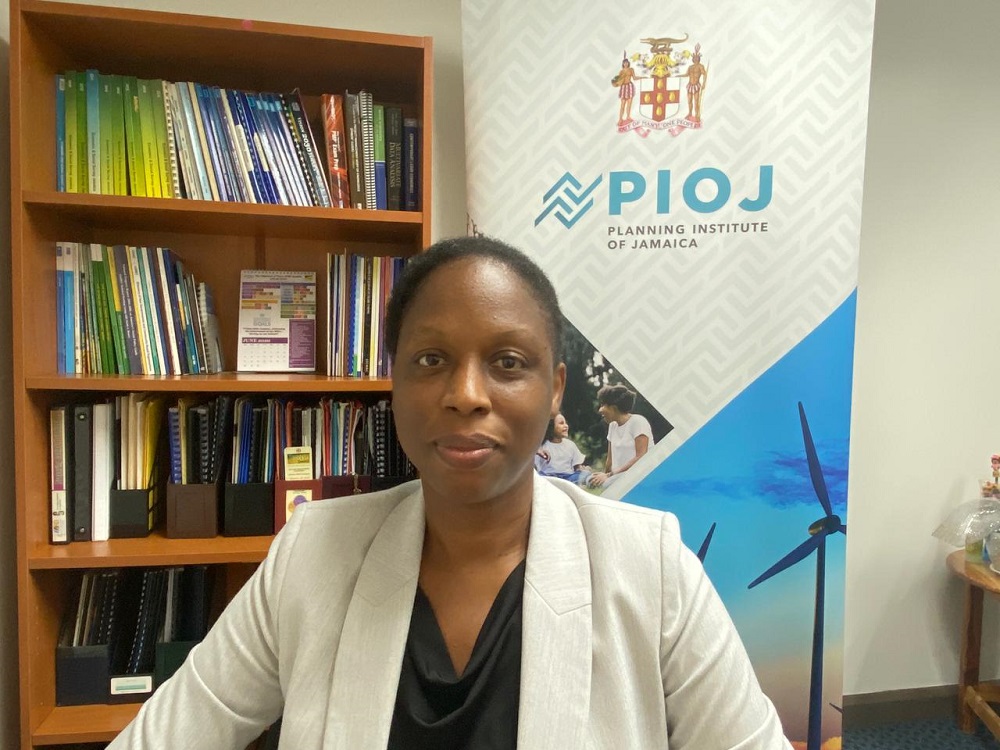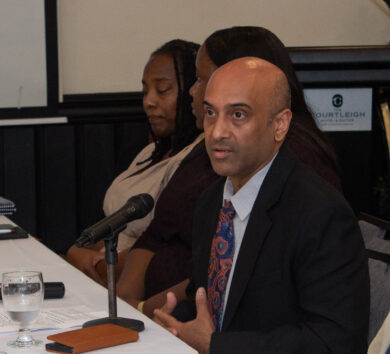

The Planning Institute of Jamaica (PIOJ) and the Statistical Institute of Jamaica (STATIN) are assuring members of the public that all information shared in the Jamaica Survey of Living Conditions (JSLC) is safe, protected, and treated with the strictest confidentiality.
In a recent interview with JIS News, Director of Policy Research in the Social Policy Planning and Research Division at the PIOJ, Suzette Johnson, emphasised that the survey is a joint effort with STATIN, and participants’ personal details remain private.
“The STATIN field workers will be coming to your homes, and we’re encouraging you to participate, and you’re wondering what is the role of the Planning Institute of Jamaica? It’s a collaborative effort, but once the data is collected and cleaned by STATIN it is then shared with the PIOJ. Our responsibility is to conduct the data analysis and to prepare the reports and disseminate the findings,” she explained.
Johnson further reassured participants that the PIOJ does not receive identifying information.
“I just want to assure you that even when STATIN is giving us the data set, we do not have your personal information. What we get are the numbers, the number of persons who are enrolled at this educational level, the number of persons who have said that they were diagnosed with a particular non-communicable disease, and the number of households that have potable piped water,” she clarified.
She reiterated that the PIOJ uses the numbers to do their analysis, compare them with the policies and the programmes that it is tracking and then report the findings.
Data collection for the survey started on August 4, 2025 and is expected to continue for four months.
Johnson pointed out that these findings are used to guide decision-making. “We relate to implementors, service providers, policymakers; we share with the Government and make recommendations for how these findings can influence the projects, the programmes, the policies that exist that will impact your life,” she said.
Meanwhile, Director of Field Services at STATIN Philone Mantock highlighted the multiple layers of data protection built into the collection process.
“The data that is collected is encrypted, so the data cannot be accessed by someone who takes the tablet. The tablet is password-protected; it’s password-protected to open the tablet as well as the software that the interviewer uses to collect the data. So, it has two levels of protection,” she explained. Mantock also noted that completed surveys are transmitted securely in real time to STATIN’s servers.







Comments